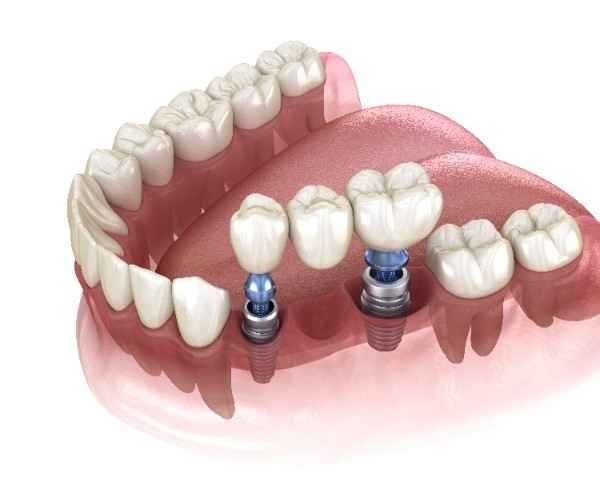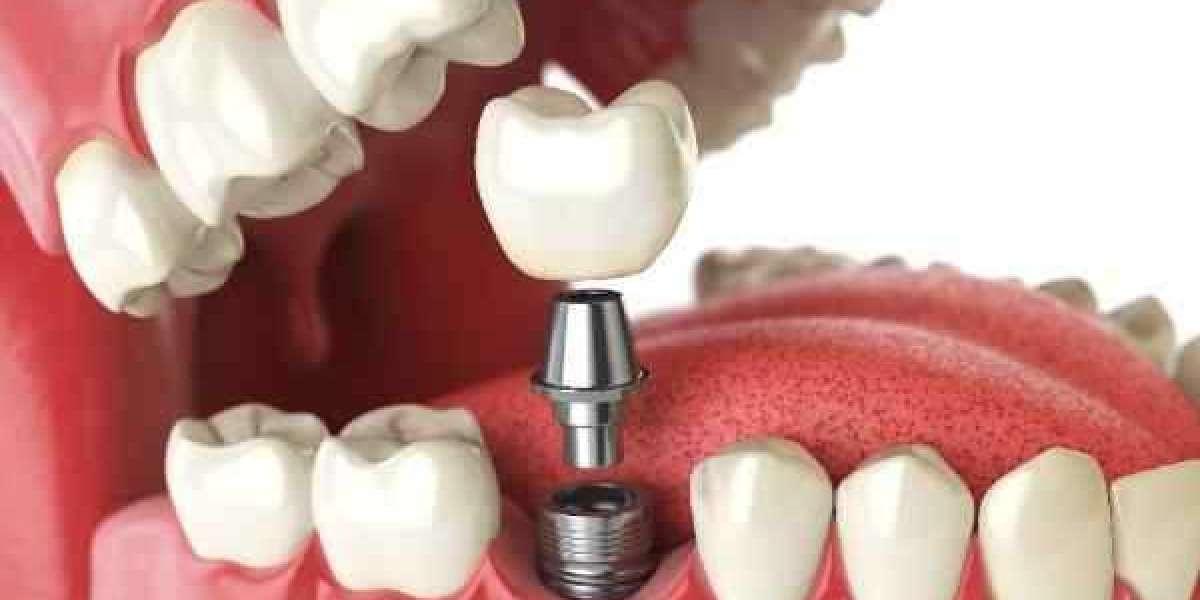When it comes to restoring your smile, there are more options available than ever before. From traditional dentures and fixed dental bridges to the modern choice of dental implants in Derby, each treatment offers unique benefits. Selecting the right solution can feel overwhelming, particularly when factors such as comfort, cost, and long-term results all play a part. Dentures may be quick and affordable, bridges provide reliable function, while implants are praised for their durability and natural look. This blog takes a closer look at how these treatments compare, highlighting their advantages and limitations. By the end, you’ll be better equipped to decide which option aligns best with your lifestyle, oral health needs, and long-term goals.
Why Dental Restoration Choices Matter
Tooth loss doesn’t just affect appearance it can have a serious impact on chewing efficiency, speech clarity, nutrition, and even long-term oral health. For many patients, choosing the right restoration option is about more than just filling a gap; it’s about restoring confidence and overall quality of life. The benefits include:
- Improved confidence and appearance, helping you smile freely in social and professional situations.
- Enhanced daily comfort and function, allowing you to eat a wider variety of foods with ease.
- Preservation of oral health, as the right treatment can prevent bone loss and reduce strain on remaining teeth.
- Long-term value, particularly with solutions such as dental implant Derby treatments, which are designed to last for decades.
Ultimately, the decision depends on your budget, lifestyle, and long-term goals, as well as the tailored advice of a trusted private dentist in Derby who can guide you through the most suitable options.

The Main Tooth Replacement Options
Before comparing in detail, let’s outline the three most common treatment choices:
- Dentures: Removable prosthetics that replace missing teeth, available in partial or full sets.
- Bridges: Fixed restorations anchored to neighbouring natural teeth to fill gaps.
- Dental implants: Titanium posts surgically placed into the jawbone, topped with crowns that replicate natural teeth.
Each comes with benefits and drawbacks. The table below offers a quick comparison.
Table: Comparing Common Tooth Replacement Treatments
Treatment Option | Longevity | Comfort | Cost | Maintenance | Aesthetic Result |
Dentures | 5–7 years | May slip, less secure | Lower upfront | Regular removal, cleaning | Natural-looking, but can feel artificial |
Bridges | 10–15 years | More secure than dentures | Moderate | Similar to natural teeth care | Blends in well with natural teeth |
Dental Implants | 20+ years | Fixed, highly secure | Higher upfront | Standard brushing flossing | Closest to natural teeth in look feel |
(Disclaimer: Longevity and cost vary depending on individual cases and clinic fees.)
Why Consider Dental Implants in Derby?
For many patients, dental implants in Derby stand out as the gold standard. Unlike dentures and bridges, implants:
- Integrate with the jawbone, preventing bone loss.
- Provide unmatched stability, meaning no slipping while eating or speaking.
- requires no support from neighbouring teeth, preserving natural tooth structure.
- Last significantly longer, often for decades.
While the cost is higher initially, their long-term value makes them a smart investment for those seeking lasting results.
Advantages of Dentures
Despite the growing popularity of dental implants, dentures remain a widely chosen option for many patients. They are often the most affordable solution at the outset and can be custom-made to provide a comfortable fit and a natural-looking appearance. Dentures are particularly suitable for individuals who have several missing teeth or whose oral health may not support other restorative treatments. However, they do come with certain limitations.
Regular adjustments are usually required to maintain fit, and they can restrict dietary choices, especially when it comes to harder foods. Over time, some patients may also find them less comfortable compared to fixed alternatives such as implants or bridges.
Benefits of Dental Bridges
Dental bridges are a popular choice for patients seeking a fixed, mid-range solution to replace missing teeth. They offer several appealing advantages, such as eliminating the need for surgery, providing a quicker treatment timeline compared to implants, and delivering a natural appearance with reliable function. For many, bridges strike a balance between affordability and stability, making them a practical alternative to removable dentures. However, they do have limitations.
Because bridges rely on neighbouring teeth for support, healthy teeth may need to be filed down, which can compromise their long-term strength. Additionally, while durable, bridges typically require replacement after 10 to 15 years, meaning they may not provide the same longevity as dental implants.
Key Differences Between Treatments
When weighing up implants, dentures, and bridges, the decision often comes down to personal priorities. One of the most significant differences lies in longevity while dentures and bridges typically need replacing after several years, implants can last a lifetime with the right care. Implants also stand out for their ability to preserve oral health, as they help prevent jawbone shrinkage and avoid putting strain on neighbouring teeth. Perhaps just as important is the confidence factor: because implants look, feel, and function like natural teeth, many patients report far greater satisfaction compared to removable dentures or fixed bridges.
Cost Considerations in Derby
It’s no secret that dental implants carry a higher upfront cost compared to dentures or bridges, but when assessed over a lifetime, they often prove to be the more cost-effective option. Dentures typically require frequent adjustments and eventual replacement, while bridges usually need to be renewed every 10 to 15 years. Implants, on the other hand, are designed to last for decades and rarely require replacement if cared for properly.
For many patients, this makes the initial investment worthwhile, not only for the financial benefits in the long run but also for the lasting stability and confidence they provide. To gain a clearer understanding of exact costs and available financing options, it’s best to consult a private dentist in Derby who can tailor advice to your needs.
Lifestyle and Practical Factors
Beyond cost and clinical outcomes, lifestyle considerations often influence the decision between dentures, bridges, and implants. Dentures may be more appropriate for those who prefer a removable option or require a quicker, less invasive treatment. Bridges, meanwhile, provide a reliable middle ground, balancing affordability with stability.
However, implants remain the ideal choice for patients seeking a permanent, low-maintenance solution that allows complete freedom with food choices and the reassurance that their teeth will not shift or loosen over time. For many, this combination of practicality and confidence makes implants the most appealing long-term option.

Conclusion
Every patient’s journey is different, and the best treatment will always depend on individual health, lifestyle, and budget. For those who want the closest alternative to natural teeth, choosing a dental implant Derby treatment often provides unmatched durability, comfort, and confidence. That said, dentures and bridges remain valuable options, particularly where affordability or faster treatment is important. At EDD, our team ensures every patient receives clear guidance and support. With the expertise of a trusted private dentist in Derby, you can make the most informed choice for your smile.














